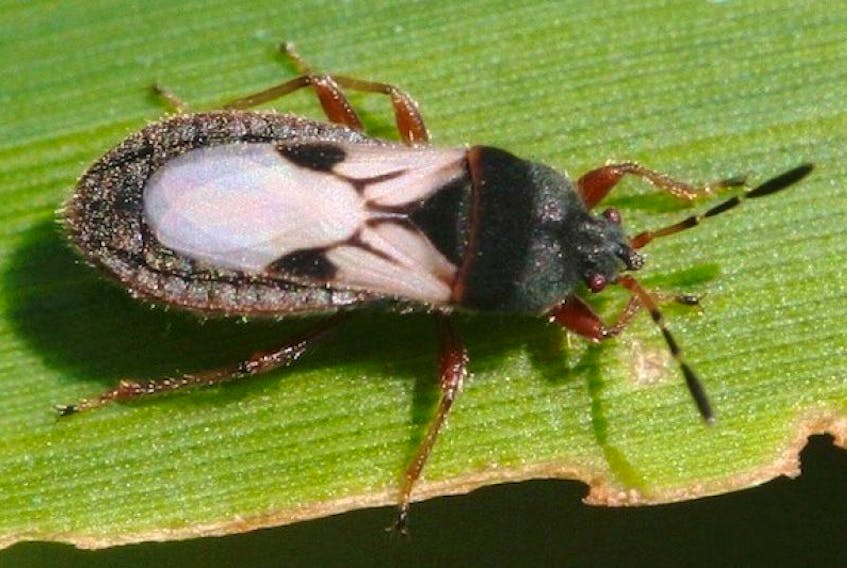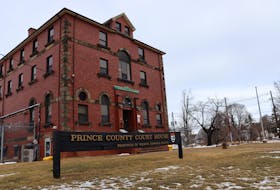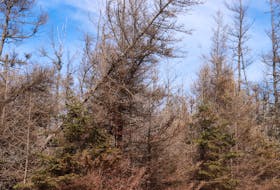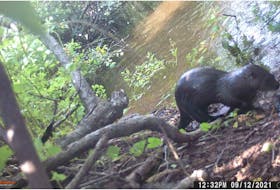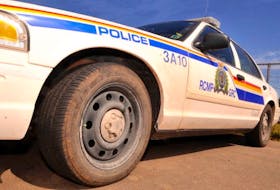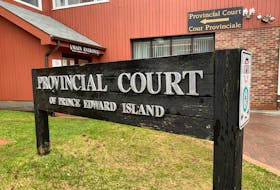Chinch bugs are a common insect in Eastern Canada, feeding on the sap of grass plants.
Duffy said City Hall has been getting some calls from residents who have been told by various lawn care companies that they have an infestation.
Of course, under the new pesticide bylaw City Hall must first send an expert out to assess the lawn. That expert determines if there is an infestation and, if there is, contacts the resident and an approved applicator.
In case residents didn’t know it, City Hall charges $50 to have a lawn assessed.
Duffy said residents shouldn’t be so quick to contact City Hall.
“That is a move of last resort,’’ Duffy said. “We have other things in place, approved products you can try (first).’’
Some facts on chinch bugs from Health Canada’s website:
- Feed by sucking the sap from the crown of stems of turf grasses
- They prefer bentgrasses, but will attack many other lawn grasses like bluegrass and varieties of red fescue
- Lawn damage shows up as irregular yellow patches that begin in June and spread over the summer
- They give off an offensive odour. If a lawn has a noticeable odour when walked on, it could mean a large infestation
Duffy said chinch bugs love a dry lawn so experts say to water it, water it some more and when the resident thinks he or she has watered it enough, water it again.
Keep in mind the city’s water conservation rules and only water the lawn before 10 a.m. and after 7 p.m.
“It’s dryness that causes these things to generate. We’re saying there are methods of prevention and then, if you happen to still get it, there are methods of treatment.’’
The city’s environment and sustainability office says there are two products on store shelves that can be effective on chinch bugs – Diatomaceous Earth and incesticidal soaps. Lawn care companies can take it one step further and use Pyrethrins, which is on the list of approved products in P.E.I., but must be applied by experts.
“And if that still fails and you’re not getting anywhere with those approved methods or products, then you say to your licensed applicator, 'I would like to use something more toxic on this particular area, what should I do?'’’ Duffy said, referring to when City Hall should be brought into the matter.
As for the $50 surcharge, Duffy explains it costs money to run this service and that the city isn’t out to make money.
It also serves as a disincentive so that City Hall isn’t besieged with calls from people thinking they have an infestation and asking for an assessment.

